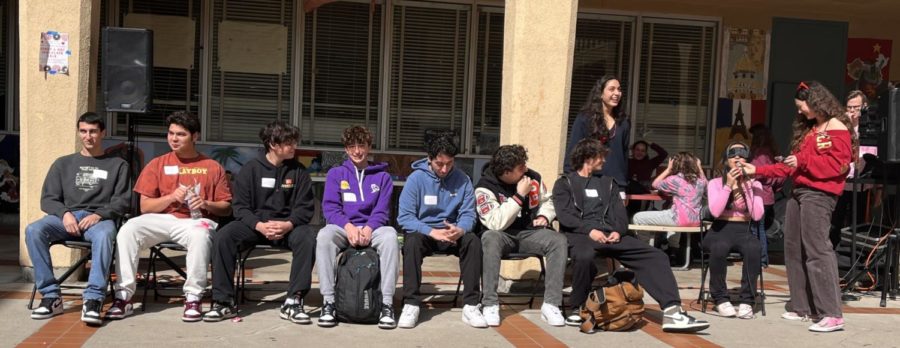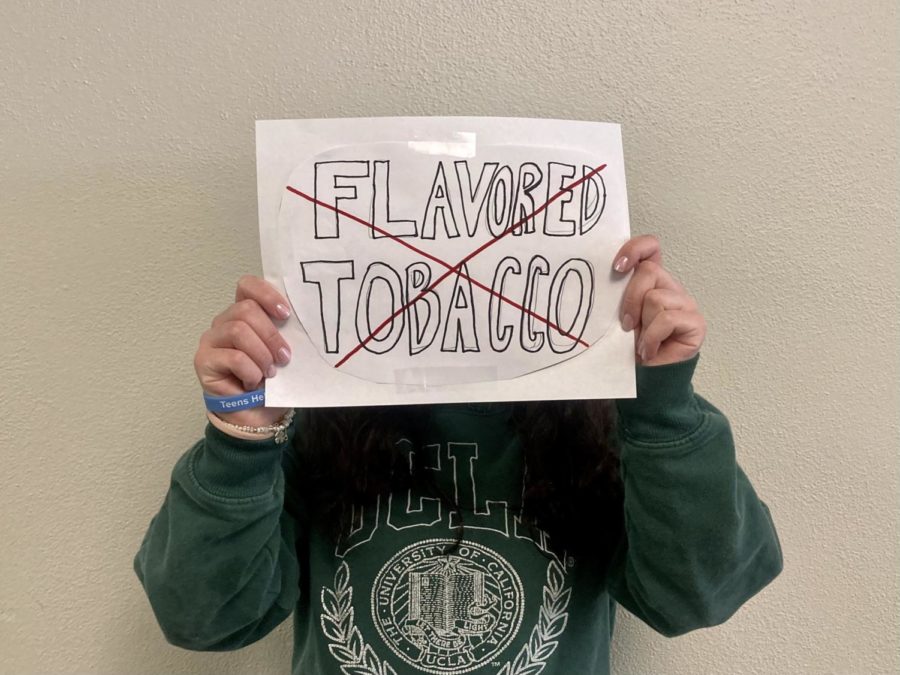On Sept. 16, we first encountered the heat of the prevailing political chaos surrounding the sexual assault accusations against Supreme Court nominee Brett Kavanaugh. As the controversy has boiled down, Kavanaugh has seemed to fall alongside other powerful men, who have received minimum punishment for their misdeeds. These men, who share such influential roles in politics and the media, have not been held accountable for their actions and, instead, earn a hall pass downplaying their offenses with the hackneyed “boys will be boys” excuse. To that, we say: do we want boys running our country? Or shall we call for respectable leaders, with the maturity and capacity to take responsibility for their own actions?
Kavanaugh’s alleged sexual assault against Dr. Christine Blasley Ford took place on the summer of 1982 when Kavanaugh was 17 and Ford was 15. The claims defending Kavanaugh have included those justifying his young age, such as how he wouldn’t have known better and how “all boys do that.” These remarks justify crimes by claiming that at the age of 17, boys don’t know any better. How is it that at the ages of 17 and 18 we are expected to choose to (or choose not to) attend a university and essentially choose our life and career path? How is it that we are not “too young” to be held accountable for the decisions we make academically, but we are “too young” to face the consequences of sexually assaulting someone? This double standard of picking and choosing when we are to be held accountable for our life choices is unfair and creates a clouded mentality for teenagers. We are not exempt from the life decisions we make. While we are not fated to remain our high school selves, our mistakes and misdoings, if we fail to learn from them, can equip us with a faulty moral compass as adults.
As high school students, we find ourselves in the same ages range (14-18 years) which Kavanaugh and Ford were at the time of the alleged sexual assault. It’s important that we do not sit here and act as if sexual assault is rare or unheard of in a high school setting. We become aware and begin to unknowingly (some, knowingly) participate in a rape culture as early as our pre-teenage years. It’s counterproductive to shelter us from it, when it is likely that our students are encountering it right now in their present-day lives.
According to a New York Times article posted in April 2018, “43 percent of middle school students experience sexual harassment from their peers.” According to a study done in 2011 by the American Association of University Women (AAUW), 48 percent of about 2,000 surveyed 7th through 12th-grade students said that they “experienced some form of harassment based on their gender during the school year.” Sexual misconduct in schools is not uncommon by any means. This is a real thing that happens at schools across the nation, and unfortunately, we are not exempt from it. To put this in context, other schools in our region have had their issues with sexual abuse on campus. Malibu High School and Venice High School have both dealt with recent sexual misconduct issues. Again, by no means are we exempt from this epidemic.
Change needs to happen. The fact that the classes of 2018 and 2019 did not have to take a health class is irresponsible on the school’s behalf. The only mandatory sexual education these two classes received in high school is through the insufficient Sex Ed. unit in biology. That is not nearly enough, especially because this unit mostly teaches the science behind sexual intercourse. It barely touches on sexual responsibility or consent. The school has to make up for it somehow, and they are simply choosing not to. There has to be an assembly dedicated to consent education. The school has held an annual assembly that touches on sexting, child pornography and sexual harassment; however, it gives insufficient information on California state consent laws. We cannot choose to be ignorant to this important topic because a majority of students on campus are legally permitted to have sexual intercourse. Due to the fact that roughly half the students on campus are at California’s legal age to give consent for sex, it is the duty of the school to have that tough, awkward conversation with the students so they can be prepared in any situation. If the school isn’t willing to do that, then there has to be an online sexual consent course. There has to be some resource available for students outside of the 8 by 11 colorful informational pages posted in classrooms.
There also has to be some way to inform students of the moral and legal repercussions of committing acts of sexual assault. We need to hear from survivors. We need to hear from a school liaison about the support that victims can seek. Norman Aid, in their themed monthly events, should allow a time in which we extend support to victims and help educate the general school body about sexual harassment, sexual assault, sexual battery and consent. We need to do better because no matter how much we want to deny it, sexual assault and rape culture begin early on, and the sooner we implement courses where students can learn the importance of consent, the sooner we can begin to eradicate sexually-based offenses.
Categories:
Editorial: Kavanaugh hearing springs need for education, accountability
September 29, 2018
0
Tags:
Donate to Highlights
$125
$1000
Contributed
Our Goal
Your donation will support the student journalists of Beverly Hills High School. Your contribution will allow us to purchase equipment and cover our annual website hosting costs.
More to Discover






























![Sophomores Jurnee Burrell-Williams and Bao Dang take cover during the lockdown (staged). “We both kind of didn’t know [what to think],” Dang said. “They usually send drill messages before.”](https://beverlyhighlights.com/wp-content/uploads/2023/02/E8D27FA0-AB24-4A26-9745-F7EEFF48FA93-900x736.jpeg)



